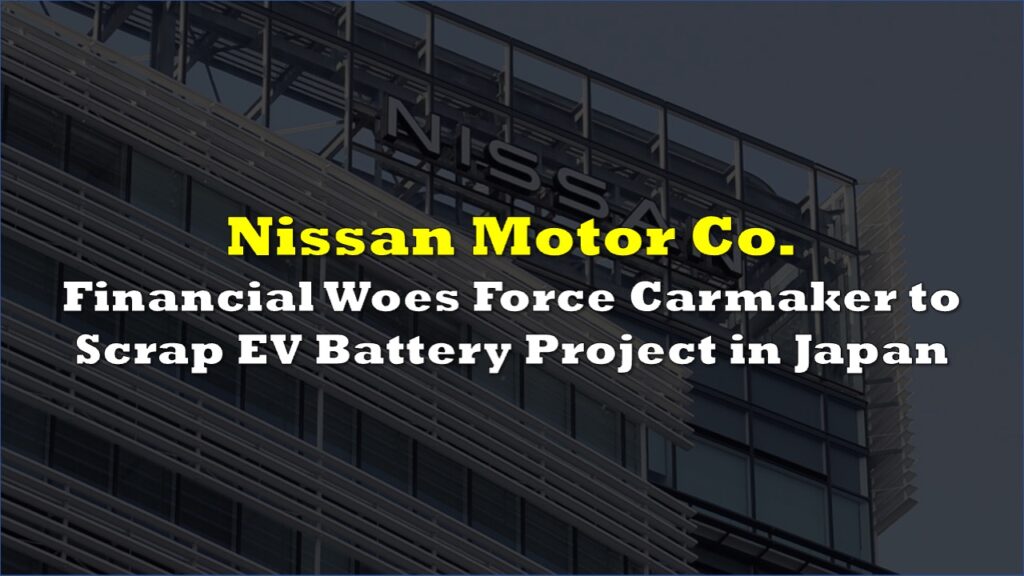Japanese automakers Honda Motor Co. and Nissan Motor Co. have initiated discussions regarding a potential merger, in a move to enhance their competitiveness in the rapidly evolving electric vehicle market. This development comes as traditional car manufacturers face mounting pressure from industry leaders like Tesla and emerging Chinese companies such as BYD.
According to reports, Honda and Nissan are considering the establishment of a new holding company under which the merged entity would operate. The plan may also involve Mitsubishi Motors Corp., in which Nissan holds a significant stake. The primary objective of this merger is to pool resources and expertise to better compete in the global EV market.
Both companies have acknowledged the ongoing discussions. Nissan stated, “As announced in March of this year, Honda and Nissan are exploring various possibilities for future collaboration, leveraging each other’s strengths.” Similarly, Honda confirmed that the two automakers are “exploring various possibilities for future collaboration.”
As of recent trading, Honda’s market capitalization is approximately $45 billion, supported by its broader presence in both automotive and motorcycle markets, while Nissan’s market cap stands around $9 billion, reflecting its challenges in profitability and market share in recent years. Together, this would place their combined valuation at approximately $54 billion, depending on how their stocks react in the coming days and the specific terms of the merger.
The news of the potential merger has elicited significant reactions in the financial markets. Nissan’s stock experienced a substantial surge, closing up 23.7% in Tokyo trading, reflecting investor optimism about the company’s future prospects. In contrast, Honda’s shares saw a slight decline of just over 3%, indicating a more cautious response from investors.
The merger talks underscore the challenges faced by traditional automakers in adapting to the rapidly changing automotive landscape, particularly the shift towards electrification. By combining their strengths, Honda and Nissan aim to achieve economies of scale in EV production, share research and development costs, and enhance their technological capabilities.
This collaboration is seen as a strategic move to regain market share, especially in regions where competitors have made significant inroads. In East and Southeast Asia, for instance, Chinese manufacturers have been outpacing Japanese automakers, capitalizing on the growing demand for electric vehicles.
Information for this story was found via Bloomberg, HotCars, and the sources and companies mentioned. The author has no securities or affiliations related to the organizations discussed. Not a recommendation to buy or sell. Always do additional research and consult a professional before purchasing a security. The author holds no licenses.









